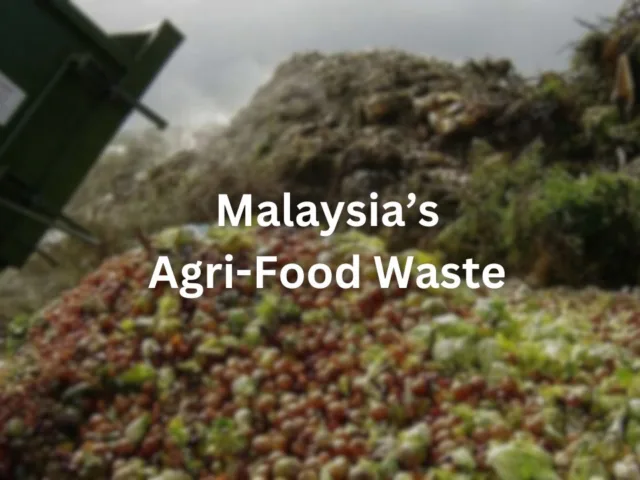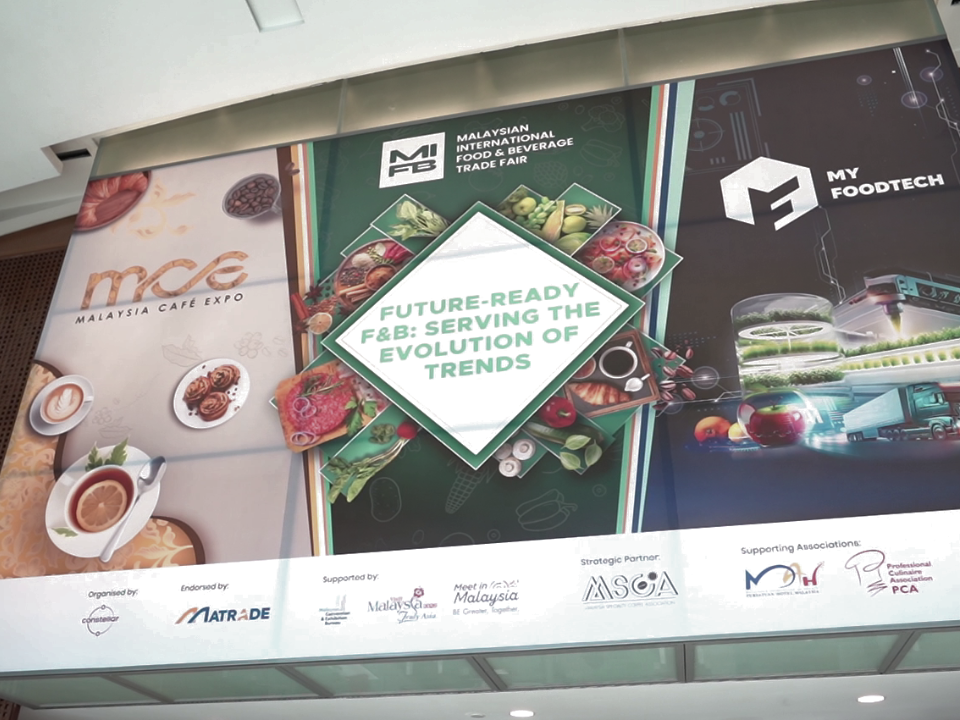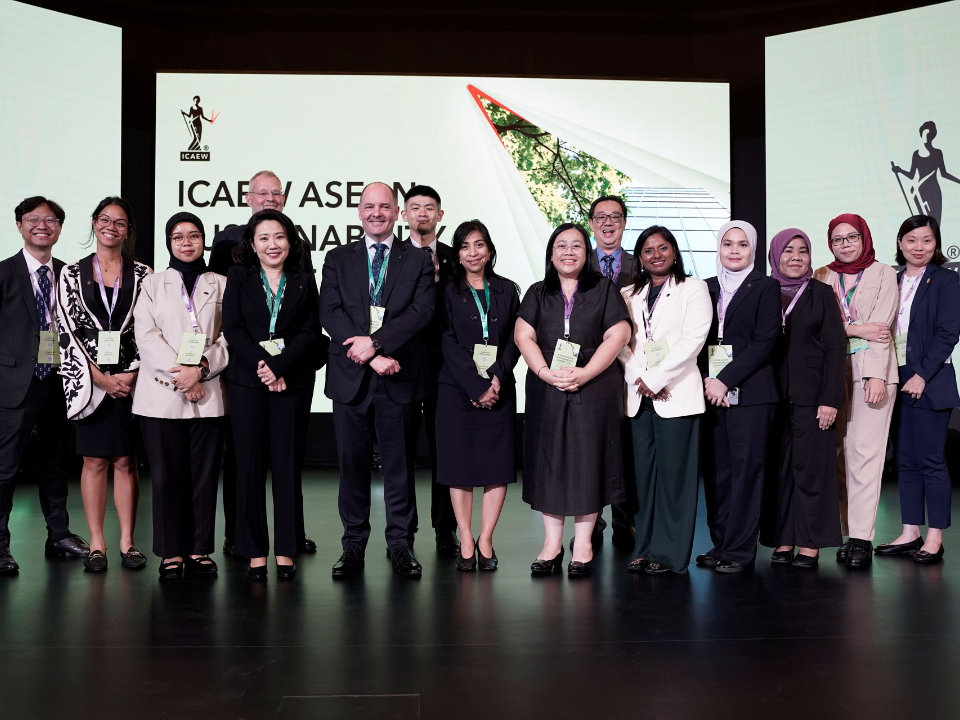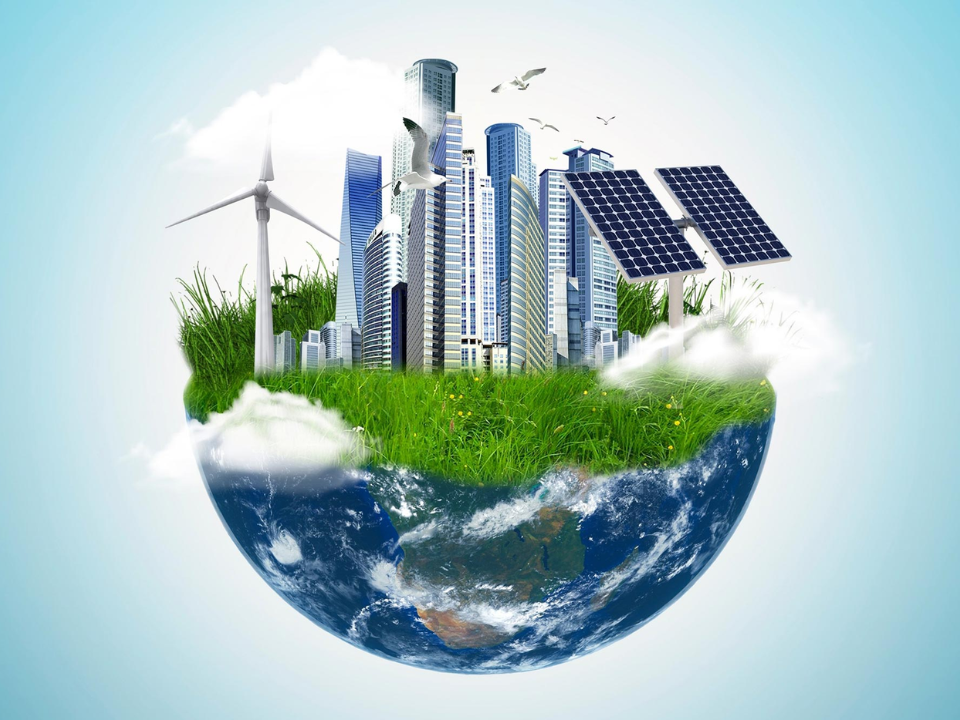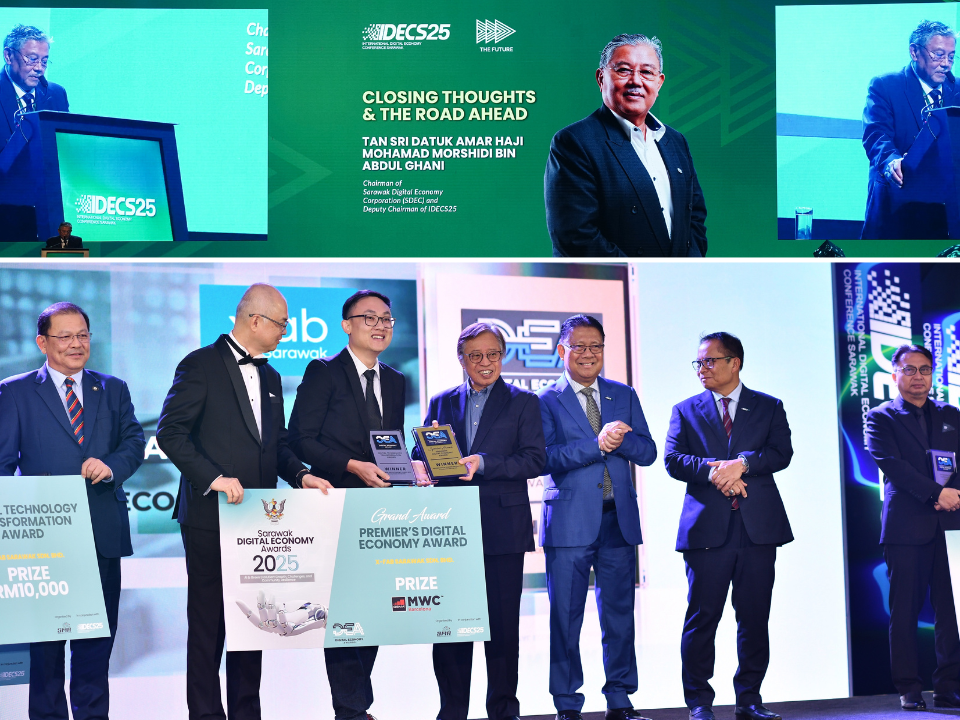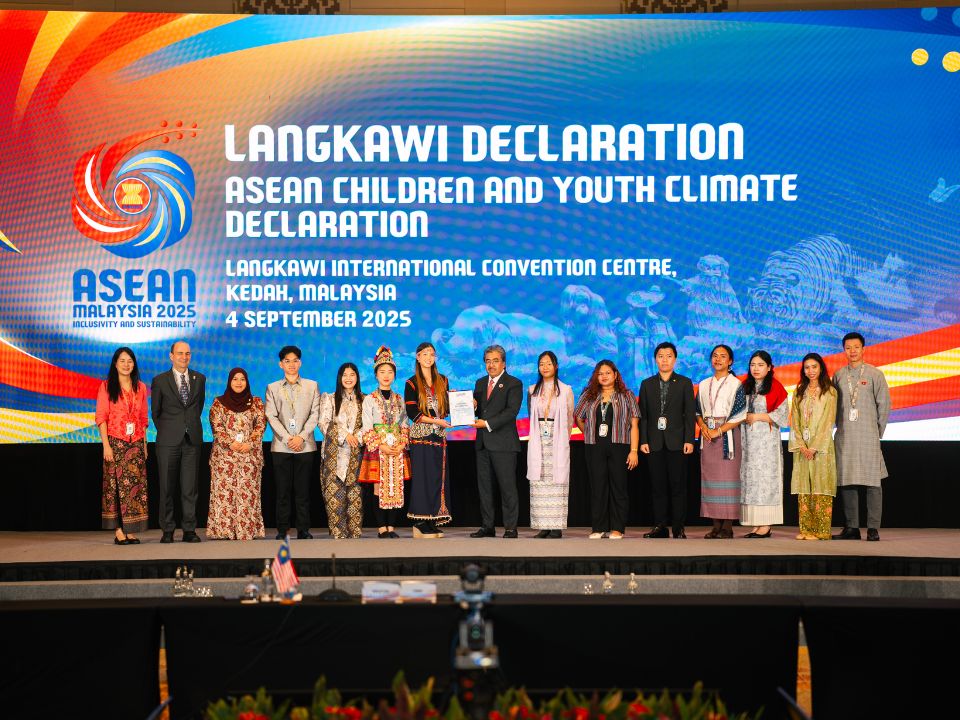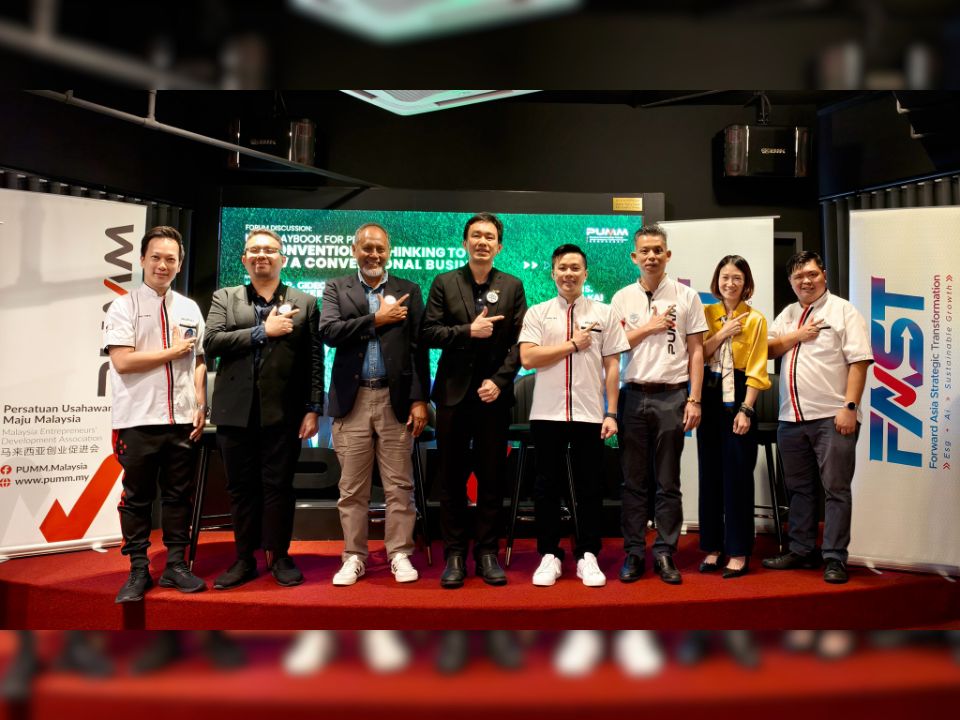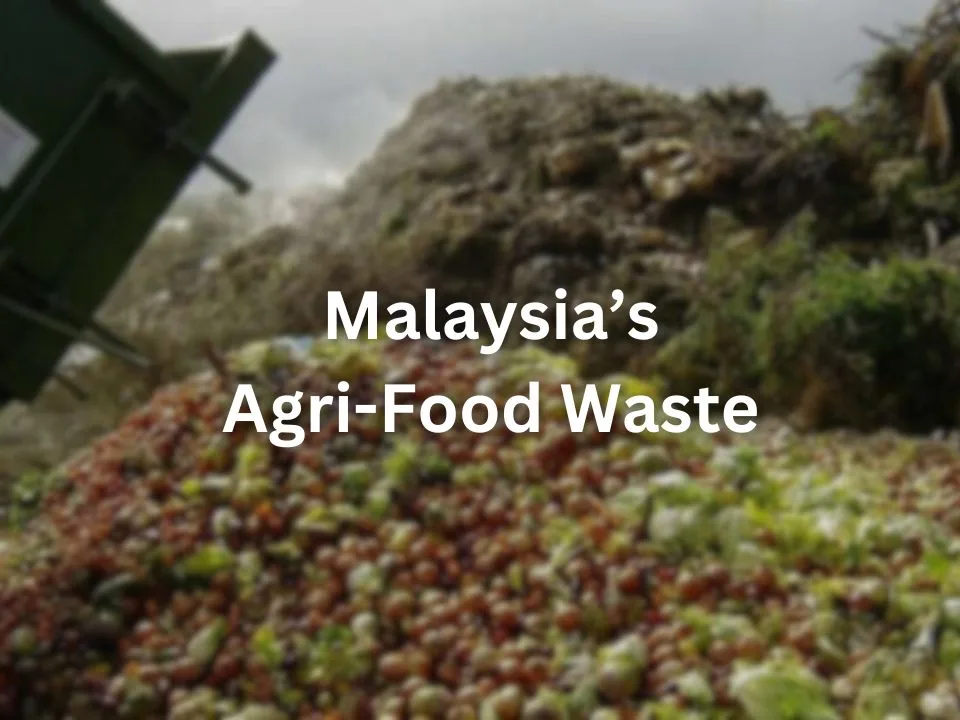
Every year, Malaysia faces the daunting task of managing 1.2 million tonnes of agri-food waste to meet the global objective of halving carbon dioxide emissions by 2030. Traditional disposal methods are proving to be unsustainable, prompting the need for innovative solutions.
Here are some input from Dr. Aqilah Yaacob, a Programme Director, Dr. Karen Tsen, a Lecturer and Programme Coordinator, and Dr. Gan Jen Ling, a Senior Lecturer at the School of Marketing and Management at Taylor’s Business School, Faculty of Business and Law, Taylor’s University.
The Need For Innovative Upcycling
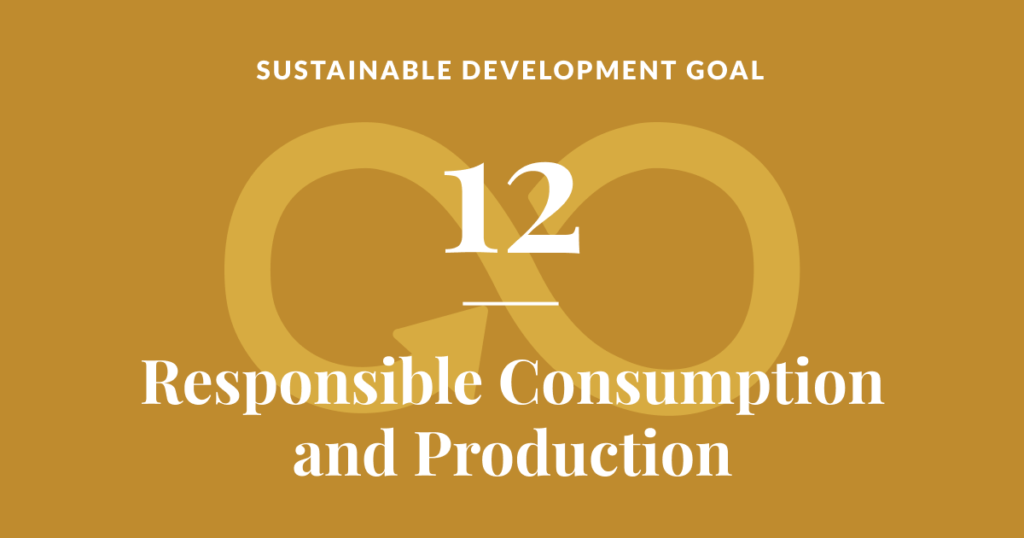
Image via Our World in Data
Upcycling, the process of converting discarded or unwanted products into higher-value items, emerges as a promising alternative. This approach aligns with Malaysia’s sustainability goals outlined in the 12th Malaysia Plan, Shared Prosperity Vision 2030, and the United Nations Sustainable Development Goal 12 (UNSDG12).
Businesses in Malaysia must delve deeper into innovating the food waste stream, as current mitigation processes are limited. A notable example is the effort to prevent durian wastage. In 2019, scientists from Singapore developed a method to use durian seeds as a food stabilizer, illustrating the potential economic and environmental benefits of such initiatives.
While a few companies are upcycling agricultural waste, primarily into fertilizers, most efforts are concentrated on textiles. There is a need to expand beyond these domains and explore the upcycling of agricultural waste, particularly from fruits and herbs, into nutritional supplements and health products.
Global Trends & Consumer Shifts
The global food and beverages market has undergone significant transformation, driven by conscious consumerism, zero-waste living, and concerns over food security. These trends have led businesses to rethink their strategies, integrating sustainability to meet consumer preferences and differentiate their brands. The movement towards sustainable food consumption offers triadic benefits:
- Environmental: Reducing waste, conserving resources, and lowering carbon emissions.
- Economic: Cost savings, job creation in sustainable industries.
- Social: Community engagement and empowerment through upcycling initiatives.
Challenges & Opportunities In Malaysia
In Malaysia, initiatives like Reduce, Reuse, Repair, and Recycle, alongside campaigns against single-use plastics, have gained traction. However, the focus on sustainable food consumption remains less pronounced. Global developments, including supply chain disruptions caused by wars and pandemics, highlight the need for self-reliance in food production.
Despite recent budgetary emphasis on self-production, the Second MADANI Budget fell short in addressing the upcycling of food waste. Challenges such as sourcing materials, scaling production, and customer acceptance persist. Businesses could seize these opportunities by collaborating with local suppliers to develop innovative technologies that tackle these issues.
The Market For Sustainable Food
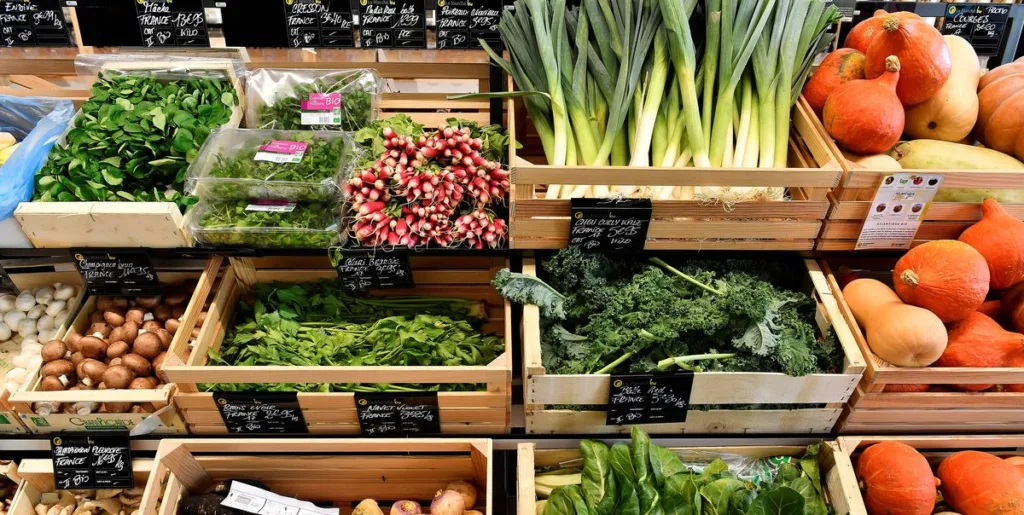
Image via Good Housekeeping
The sustainable food market holds significant potential within Malaysia’s economic landscape. However, it lags behind the broader food and beverage sector. This disparity underscores the need for proactive measures towards environmental sustainability.
The transformation of agri-food waste into valuable products can fuel entrepreneurial ventures, aligning with the 17 ‘Big Bolds’ in Ekonomi MADANI, which aims to empower micro, small, and medium-sized enterprises (MSMEs) and social enterprises.
Valorizing agri-food waste into valuable products presents a multifaceted opportunity for Malaysia. It addresses environmental issues, enhances food security, and creates job opportunities while fostering innovation for a greener future. By embracing upcycling and sustainable practices, Malaysia can make significant strides towards its sustainability goals and economic prosperity.




